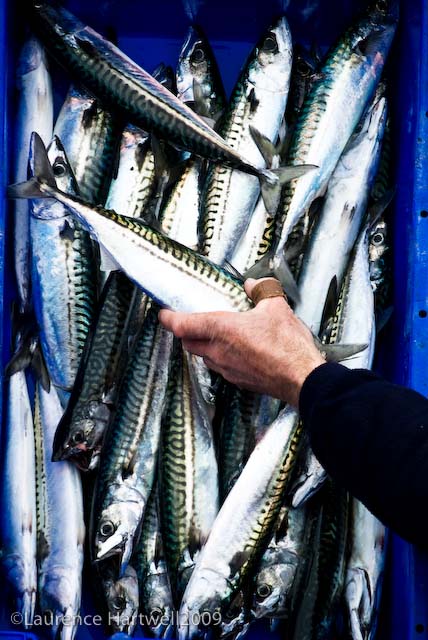As EU fisheries meet, first phase of discard ban also described as a “legal mess”
Minister for the Marine Simon Coveney says he is facing the “most difficult” EU fish quota council yet, with cuts of 64 per cent proposed in key whitefish stocks for the Irish fleet.
“Alice in Wonderland fisheries management” is how a commentator has described the European Commission’s proposals for 2015, which appear to have targeted some of the healthiest whitefish stocks for the most severe cuts . The New Year’s Day introduction of the first phase of a fish discard ban for the pelagic (mackerel/herring) fleet is also in disarray. Federation of Irish Fishermen (FIF) chairman Sean O’Donoghue said the Irish industry faces up to 600 possible job losses if the proposals are implemented by fisheries ministers meeting this week.
Proposed cuts
The European Commission is proposing cuts of 64 per cent for cod, 41 per cent for haddock, 20 per cent for pollack, skate and ray, 14 per cent for whiting and prawns, 12 per cent for monkfish and 4 per cent for hake. However, Ireland’s most lucrative fishery, mackerel, is set to receive an 89,000 tonne allocation next year. This is its largest proportionate quota allocation since 1983, says Mr O’Donoghue. The FIF says the whitefish cuts are “neither justified nor warranted and will, if adopted...result in 500 to 600 full-time and part-time jobs losses in the fisheries sector and ancillaries services”.
Reductions
Mr Coveney warned that if the proposals remained unchanged Ireland faced an overall 20 per cent cut to whitefish and prawn quotas for 2015. “I can accept reductions to quotas to protect the long-term sustainability of our stocks, but I will not accept scientifically unnecessary cuts that would undermine the sustainability of our fishing communities.” Commentator and former Fishing New editor Tim Oliver has said the European Commission appears to be trying to reduce catches of the healthiest stocks as this might then reduce discards of over-quota or undersized fish. “But if there are high discards of two of the most marketable species that fishermen can catch it must mean that they do not have enough quota to land them,”he says, saying “logic” would dictate that quotas should be larger. Environmental organisations have expressed concern about what they have described as an attempted dilution by the European Parliament last week of the ban on discards, with a vote on weaker penalties for breaches.
Mr O’Donoghue said the situation is a “legal mess” as the legislation which dictates that fishermen dump over-quota or undersized fish is still in place.
Full story courtesy of the Irish Times:


























